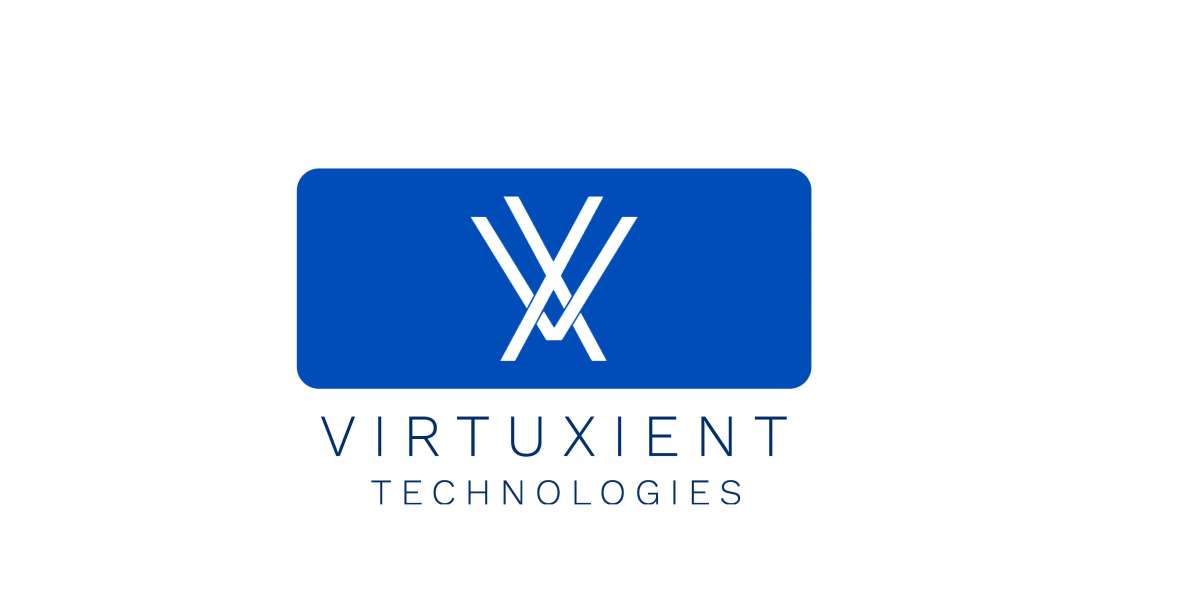The mobile app industry has experienced seismic shifts over the past decade, with AI and 5G serving as two of the most transformative forces. Artificial Intelligence has made mobile apps smarter, more predictive, and personalized. Meanwhile, 5G has enabled blazing-fast connectivity and low-latency experiences, redefining how users interact with mobile technology.
But as these technologies continue to mature, an important question arises: What comes next for mobile apps after AI and 5G?
In this article, we explore the next wave of innovations set to reshape mobile app development and user experiences in the near future.
1. Extended Reality (XR): AR & VR Going Mainstream
While AR (Augmented Reality) and VR (Virtual Reality) have been around for years, they are now becoming practical and immersive enough for everyday mobile use. The fusion of 5G and XR enables richer, more interactive experiences without performance lags.
AR in Retail & Education: Expect AR-powered shopping apps where users can visualize products in real-world settings, or educational apps that create immersive learning environments.
VR in Entertainment & Real Estate: From virtual concerts to real estate walkthroughs, VR is set to enhance how users consume content and make decisions.
Apps that successfully leverage XR will not only be engaging but also offer real-world utility.
2. The Rise of Voice-First and Gesture-Based Interfaces
With the success of smart assistants like Siri, Alexa, and Google Assistant, voice-driven interfaces are quickly becoming a primary mode of interaction in mobile apps. Combined with natural language processing (NLP), these interfaces will enable hands-free, intuitive experiences.
Meanwhile, gesture recognition is emerging as a powerful user interaction method, especially in gaming, fitness, and health apps. As front-facing cameras and sensors improve, expect more apps to adopt gesture-based controls for navigation and task execution. In AI app development, gesture recognition combined with machine learning enables more intuitive and adaptive user experiences.
3. Hyper-Personalization with Predictive Intelligence
While AI currently offers basic personalization (like product recommendations), the next evolution is hyper-personalization—where apps can understand user intent before they even act.
By analyzing user behavior, location, time of day, and historical data, future apps will be able to:
Anticipate user needs in real time
Deliver content or offers with pinpoint accuracy
Auto-adjust interfaces to match usage patterns
Apps that master hyper-personalization will enjoy higher engagement and user retention.
4. Blockchain-Powered Mobile Applications
Blockchain is not just for cryptocurrencies. Its decentralized, secure, and transparent nature is perfect for enhancing mobile apps in areas such as:
Fintech: Secure peer-to-peer payments, digital wallets, and contract automation
Healthcare: Secure patient data management
Supply Chain: Transparent product tracking and logistics apps
Blockchain-enabled apps will become a gold standard in industries requiring trust and data integrity.
5. Low-Code/No-Code Development Platforms
Speed and cost are critical in today’s fast-paced digital market. Low-code and no-code platforms allow businesses and entrepreneurs to build functional apps without deep technical knowledge.
These platforms are:
Reducing development time from months to weeks
Enabling rapid prototyping and MVP creation
Empowering non-tech founders to enter the app market
While traditional coding will remain essential for complex apps, low-code tools will democratize app creation.
6. Internet of Behavior (IoB)
Building on IoT and AI, the Internet of Behavior (IoB) is poised to become a game-changer. IoB involves using data collected by connected devices (wearables, smart home gadgets, etc.) to influence behavior through insights.
Example use cases:
Health apps that monitor habits and offer real-time recommendations
Travel apps that change routes based on personal preferences
Finance apps that adjust budgets based on spending behavior
IoB-powered apps will be highly adaptive and proactive, adding real value to users’ daily lives.
7. Sustainable & Ethical Mobile Apps
With growing awareness around data privacy and sustainability, users are demanding ethical tech. Future mobile apps will need to:
Prioritize user data protection and transparency
Minimize energy consumption
Promote inclusivity and accessibility
Businesses that build ethically aligned apps will not only comply with regulations but also gain user trust and loyalty.
8. Super Apps: The All-in-One Experience
Popularized in Asia by platforms like WeChat and Gojek, super apps bundle multiple services—messaging, shopping, payments, ride-hailing, and more—into one platform.
As the Western world catches on, we’ll see more companies merging services into single, cohesive apps. These apps offer:
Unified user experience
Greater convenience
Enhanced cross-service engagement
The future will likely feature niche-specific super apps across industries like healthcare, education, and real estate.
Final Thoughts
The future of mobile apps is not just about faster networks or smarter algorithms—it’s about creating holistic, intuitive, and ethical digital experiences that deeply understand and anticipate user needs. Technologies like XR, voice interfaces, blockchain, and predictive intelligence are converging to usher in a new era of mobile innovation.
To stay competitive, businesses must partner with forward-thinking development companies that can integrate these cutting-edge technologies into their mobile strategies.
Why Apptunix is the Right Partner for the Future of Mobile Apps
At Apptunix, we don’t just build mobile apps—we build next-generation digital experiences. With expertise in AI, 5G, blockchain, AR/VR, and low-code platforms, we help businesses across industries future-proof their digital presence.
Whether you're launching a smart healthcare app, an immersive retail platform, or a blockchain-powered fintech solution, Apptunix delivers innovation, reliability, and scalability at every step.
✅ Partner with Apptunix today and take the first step toward building your future-ready mobile app.
? Visit www.apptunix.com to get started.
FAQs
Q1. What are the key technologies shaping the future of mobile apps?
Technologies like AI, 5G, AR/VR, blockchain, IoT, and voice recognition are all shaping the future of mobile app development.
Q2. How will 5G impact mobile app performance?
5G enables ultra-fast data transfer and low latency, allowing for real-time features, high-quality streaming, and seamless multi-user experiences.
Q3. Are low-code platforms replacing traditional app development?
Low-code platforms are great for rapid prototyping and simple apps, but complex, scalable solutions still require traditional development expertise.
Q4. How does blockchain benefit mobile apps?
Blockchain enhances security, transparency, and trust—making it ideal for apps in finance, healthcare, and logistics.
Q5. What is a super app, and should my business consider building one?
A super app bundles multiple services into one platform. If your business spans several offerings, building a super app can boost user engagement and retention.








